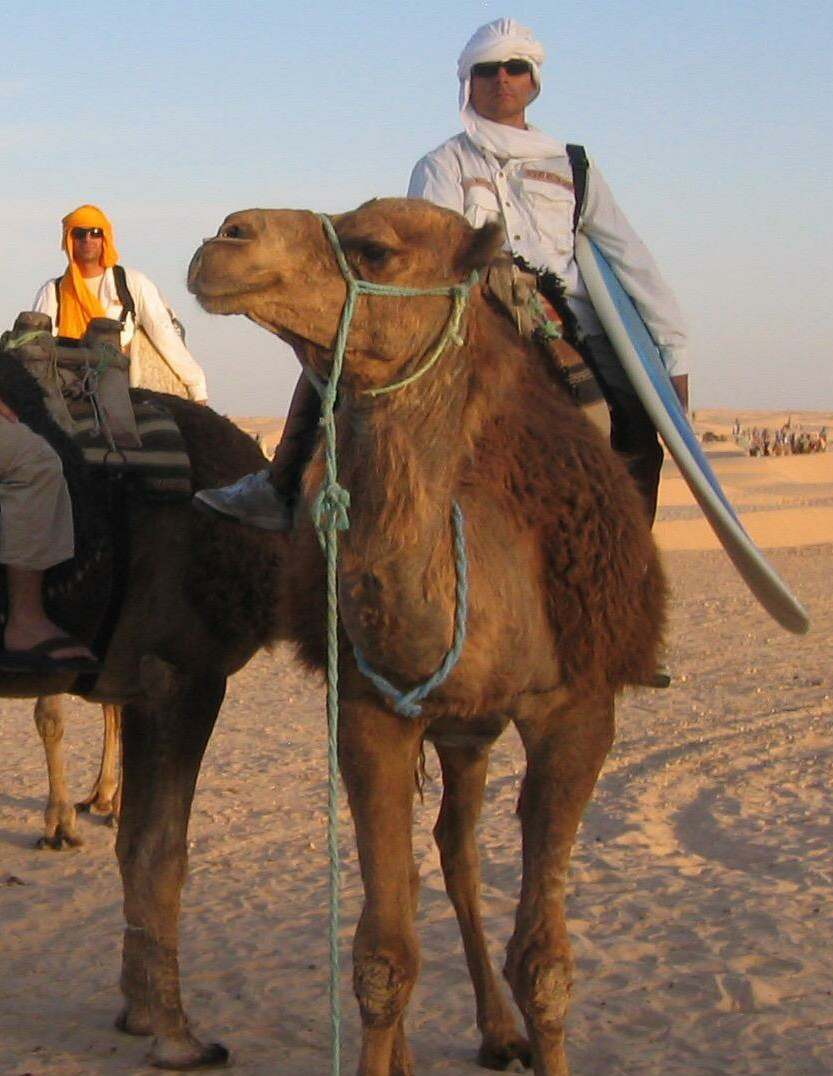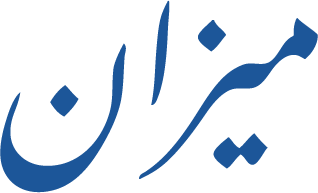Catching waves in the Middle East
Surfing Lebanon

Austin Bodetti
From the Atlantic coast of Morocco to Oman’s shores on the Persian Gulf, Arab surfers are trying to catch waves wherever they can find them. Four-foot waves in Casablanca draw enthusiasts from across Morocco throughout the summer. In the winter, the Omani territory of Masirah Island attracts expatriates from Dubai looking to ride five-foot waves. The often-tumultuous country of Lebanon, though, offers the most interesting example of surfing’s growing popularity in the Middle East.
Many Westerners know Lebanon as a Middle Eastern financial center and tourist attraction, but this country at the heart of the Eastern Mediterranean is also becoming a hotspot for a sport more often associated with beachgoers in California. All the way from the capital of Beirut to the village of Jieh, surfing has gained a cult following among a small but growing Lebanese subculture.
Surfing has a longer history in Lebanon dating back to the 1970s, when a pioneering group of surfers managed to popularize the sport. While the Lebanese Civil War dampened enthusiasm for surfing for several decades, the community of surfers in the country has started to grow again as local fans of the sport flock to the coastal cities of Batroun, Byblos, and Tyre. For the thousands of foreign tourists who travel to Lebanon every year, one website markets Beirut to the adventurous as “the surf destination you never knew about.”
At least one Lebanese business is capitalizing on this niche craze. Several years ago, Lebanese entrepreneur and surfer, Paul Abbas, founded P.A. Surfboards, a startup that sells surfboards to Lebanese fans, who would otherwise have to import them. Abbas, who has billed himself as Lebanon’s only surfboard shaper, resides in the seaside village of Jieh, home to some of the most diehard surfers in the country. Lebanon has about two hundred surfers in total.
Anecdotal evidence suggests that surfing is bridging some of the notorious cultural divides that have long bedeviled Lebanon’s fractious political system. In Jieh, Christians and Muslims, men and women, and the young and the old alike surf side by side. In 2017, the Office of the United Nations High Commissioner for Refugees even posted a YouTube video of a young Syrian refugee who taught himself how to surf after watching the Lebanese do it. The boy, whom the UN dubbed “the refugee surfer,” has gone from never having seen the sea to catching waves along with the experts.
Social media could facilitate the spread of surfing in Lebanon. One well-known Facebook page, “Surf Lebanon,” posts whenever the waves are looking good for Lebanese surfers. “Good morning, Lebanon,” the page announced in early August. “Waves in the knee-high range today. Great day to learn.” Lebanese surfers often tweet pictures and videos of their most impressive rides, one highlighting “surfing in Lebanon like you’ve never seen before.”
Lebanon, however, has regional competition as one of the best locations for surfing in the Middle East. Egypt, Israel, and Turkey—tourist destinations frequented by Westerners and Europeans in particular—are fast developing their own culture of surfing. Even Syria succeeded in attracting a handful of surfers prior to the outbreak of the Syrian Civil War. Elsewhere in the Mediterranean, Morocco’s community of surfers seems just as strong as Lebanon’s, and Algeria joined the International Surfing Association back in 2014.
As surfing spreads throughout the Mediterranean and the Middle East, Lebanon’s unique social influence on the regions’ interlocked popular culture will likely contribute to surfing’s expanding popularity in the Arab world.
AUSTIN BODETTI is a Fulbright Scholar in Morocco, where he researches how environmentalists are drawing inspiration from Islam. In the past, he has conducted fieldwork in Bosnia, Indonesia, Iraq, Myanmar, Oman, South Sudan, and Thailand. His writing has appeared in The Daily Beast, USA Today, Vox, and Wired.


